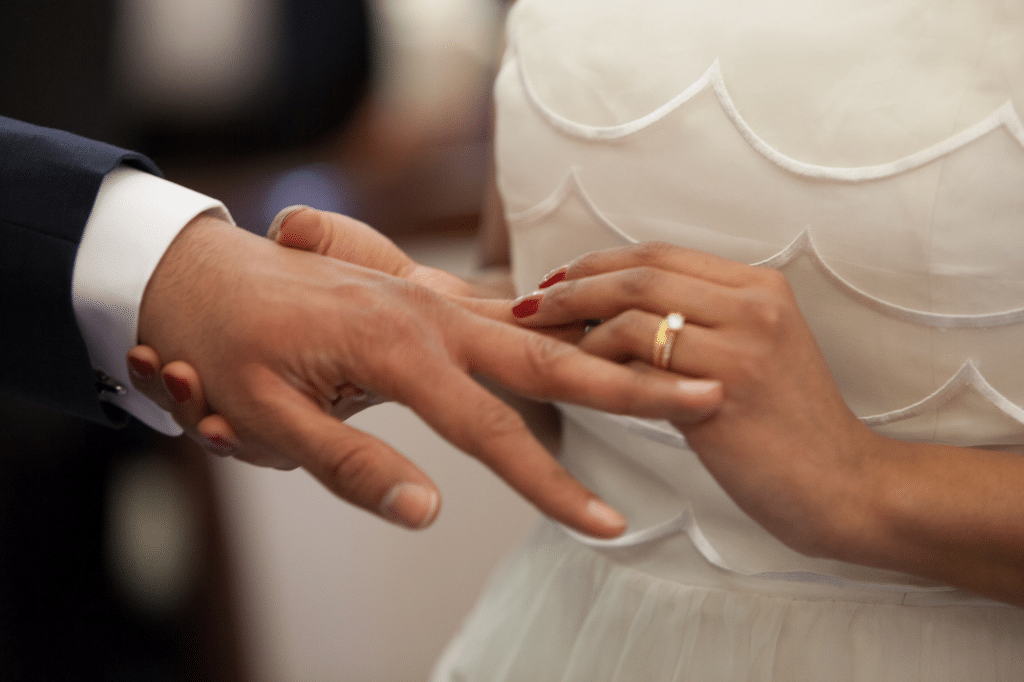For better or worse.
We promise that. Because life brings the inevitable up and down. Good and bad. Well and sick. It is our human experience. So, we plan ahead and expect that with changing tides, we will stick together and stick it out.
And, love between partners is not unconditional. Hate to break it to you. The only chance we have for that is parent to child. And even then, sadly, some don’t get that.
So, how do we know when to hang on to a relationship that is chronically disabled and one-sided?
I was asked that question this week by one of my patients.
Two thoughts.
First, is the partner doing everything he or she can to heal – albeit physically or emotionally – to recover the resources to come back into full partnership? Are they going to meetings to get sober? Are they seeking medical attention and following doctor’s orders? Are they going to couples therapy? Are they contributing in other ways to the “we?” Are they expressing appreciation and compassion for the extra weight you are carrying in the relationship right now? Do they talk with you about the unsustainability of the situation and have a plan to get back on track?
In other words, they aren’t a child. They don’t get to opt out of responsibility for their part of the relationship and pretend normal. Unless you want to enable such, which I don’t recommend as a road to a satisfying partnership.
Second thought: if your partner is permanently disabled in any capacity, and you decide to stay, be intentional about it. Have a relational reckoning. Grieve what you are not getting and accept what you have and what you are choosing. You don’t get to go victim. Then, let go. Stop trying to change him or her. Own your choice without resentment. You will be happier as will your partner.





